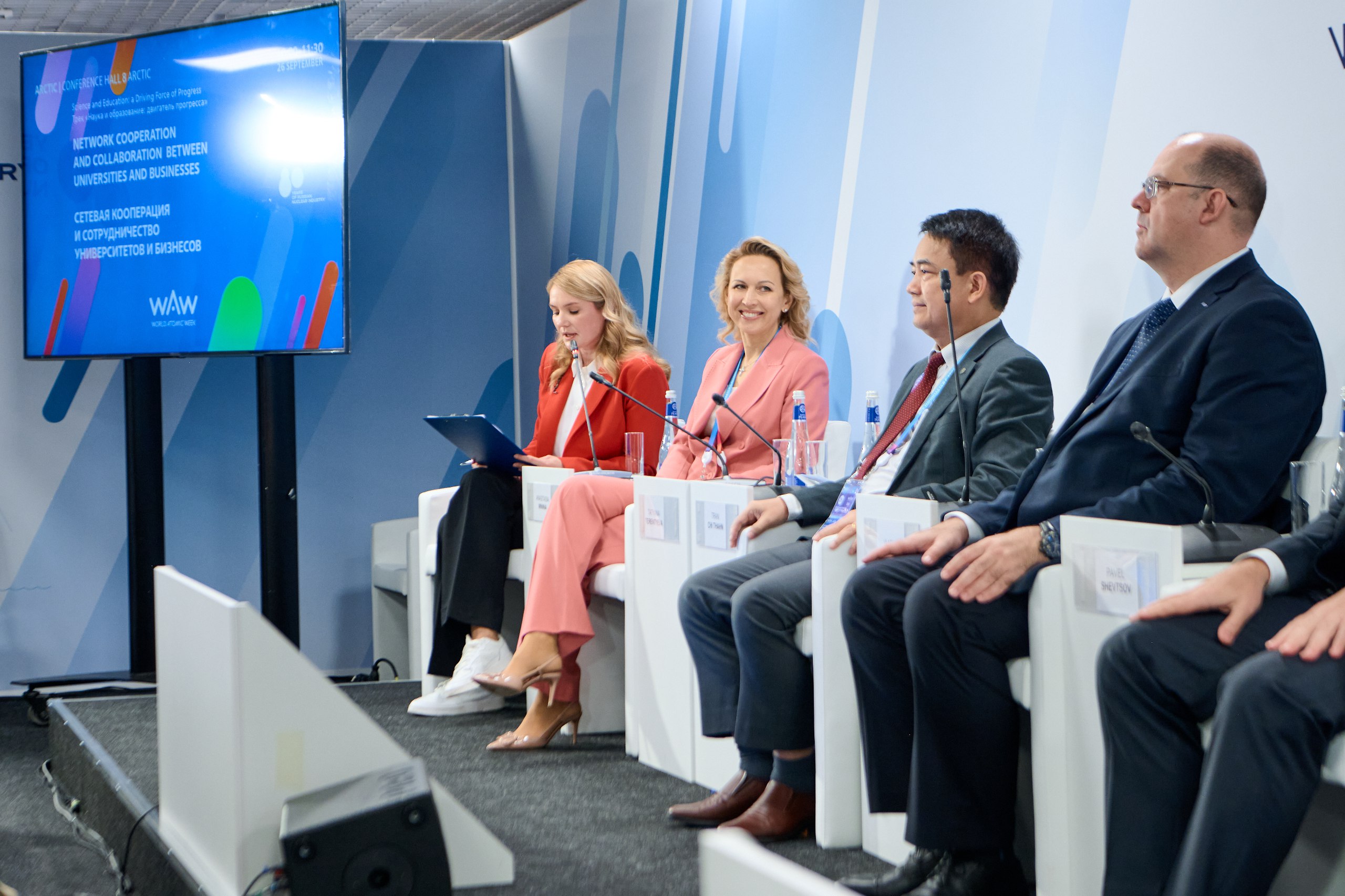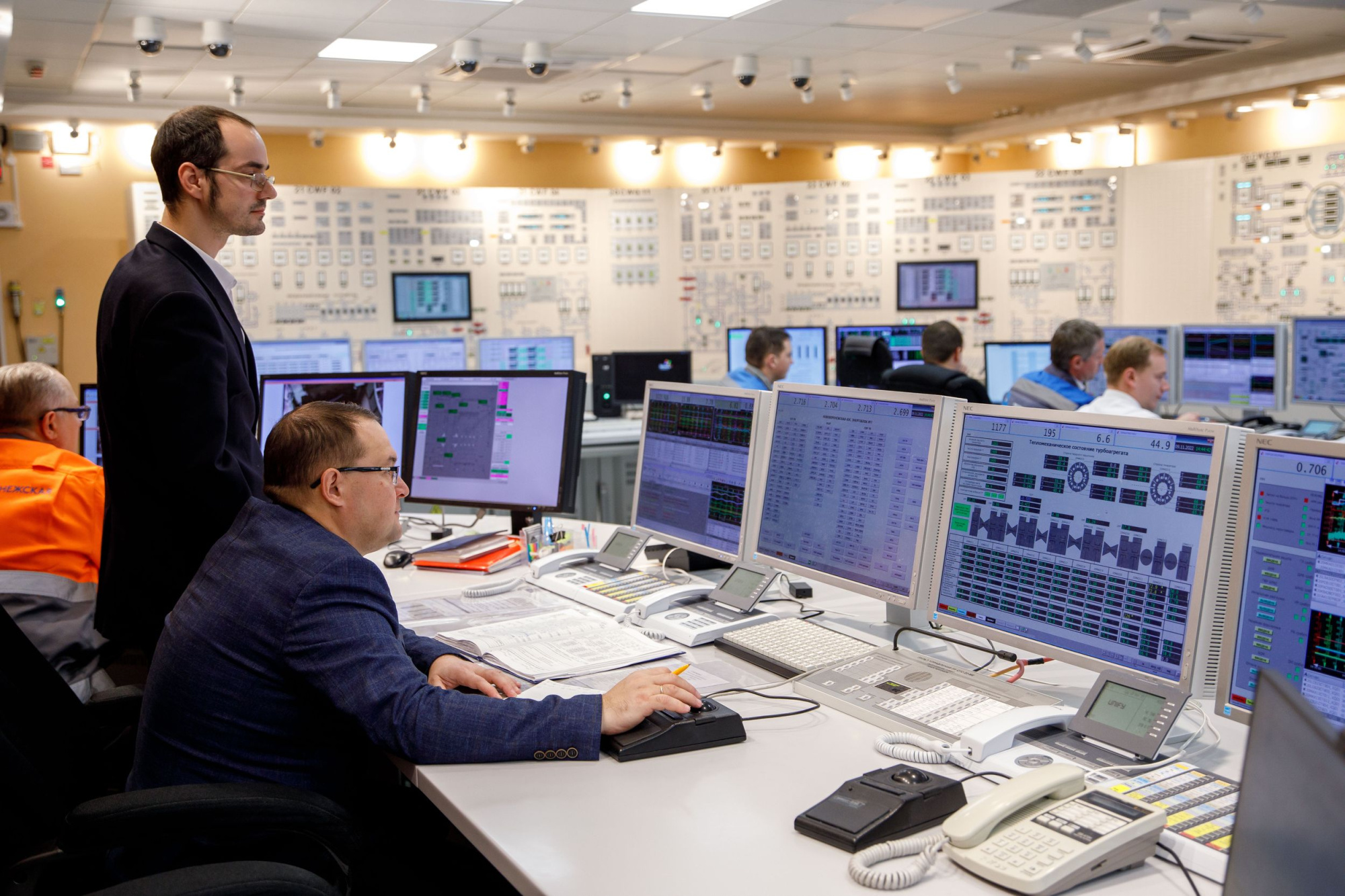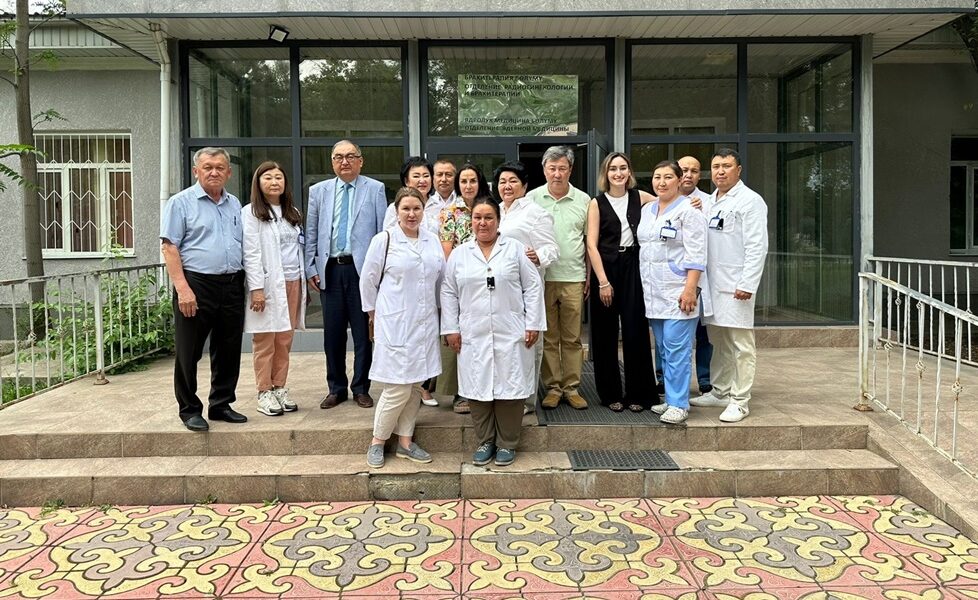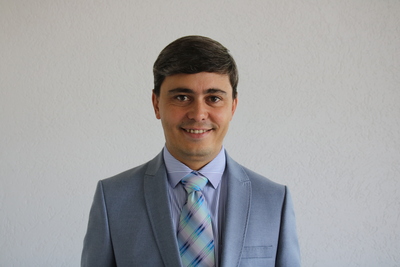A panel discussion titled “Network Cooperation between
Universities and Businesses” was held as part of the World Nuclear Week global
forum. The event brought together representatives fr om leading universities,
international organizations and Rosatom State Corporation to discuss strategies
for nuclear energy development and for training the workforce of the future.
Speakers included Tatyana Terentyeva, Rosatom’s Deputy Director General for Human Resources; Vladimir Shevchenko, Rector of National Research Nuclear University MEPhI (one of Rosatom’s key partner universities); and Leonid Sukhikh, Acting Rector of Tomsk Polytechnic University (also one of Rosatom’s key partner universities). High-ranking representatives from government agencies in Vietnam, Zimbabwe, Indonesia and Tunisia also shared their experience and expert opinions.
The moderator Anastasia Minina, who heads the Obninsk Tech project at Rosatom State Corporation, noted that nuclear energy development strategies are designed for decades to come, with a master plan for the construction of NPPs until 2042 already approved by the Russian government. This plan includes the construction and commissioning of new-generation nuclear power plants. Therefore, future engineers, technologists and designers must be prepared to work with new technologies. To train such personnel, universities and businesses must join forces.
“Our mission is to provide the world with clean energy. Currently, Rosatom has about 30 large NPP units under construction in Russia and around the world. Such ambitious goals cannot be achieved without training highly qualified personnel. For this, we have created an innovative ecosystem that seamlessly guides future employees through all levels of education to our enterprises. Over more than 15 years, we have become experts in professional development and in training top-tier specialists, and we are ready to pass on our experience to foreign partners and share best practices,” said Tatyana Terentyeva, Rosatom’s Deputy Director General for Human Resources.
As an example, she cited the network cooperation between businesses and universities based on the Obninsk Tech International Scientific and Educational Center for Nuclear and Related Technologies. She said this project brings together the best expertise from universities, with a focus on practical stuff that takes into account the needs of businesses today and tomorrow. Such formats are precisely wh ere the future lies as they enable the rapid training of professionals to meet new challenges.
Vladimir Shevchenko, Rector of National Research Nuclear University MEPhI, also emphasized the importance of the Obninsk Tech project for Russian universities’ participation in international projects. In his opinion, in order to successfully respond to the challenges facing the modern nuclear industry, it is important to continue developing integration processes between universities and industry, support international cooperation and ensure the availability of high-quality educational resources.
For his part, Frederick Shawa, Minister of Higher and Tertiary Education, Innovation, Science and Technology Development of Zimbabwe, said he sees enormous potential for educational cooperation and the creation of networked educational programs with Russian universities, with support from Russian and Zimbabwean businesses.
Tran Thi Thanh, President of the Vietnam Institute of Atomic Technology, spoke about the organization's scientific and technical cooperation with Russian research institutes, enterprises and universities. He emphasized that partnerships with Russian universities create a platform for sharing experience, maintaining high standards of training for specialists, and ensuring continuity between generations of scientists and engineers. The speaker paid particular attention to training at existing facilities in Russia: every summer, groups of Vietnamese students are sent to a Russian nuclear power plant for practical training and to consolidate their knowledge through real-life technological processes.





